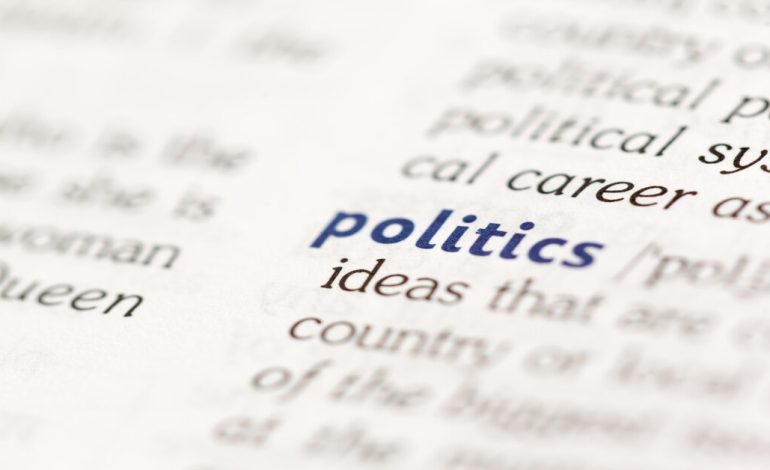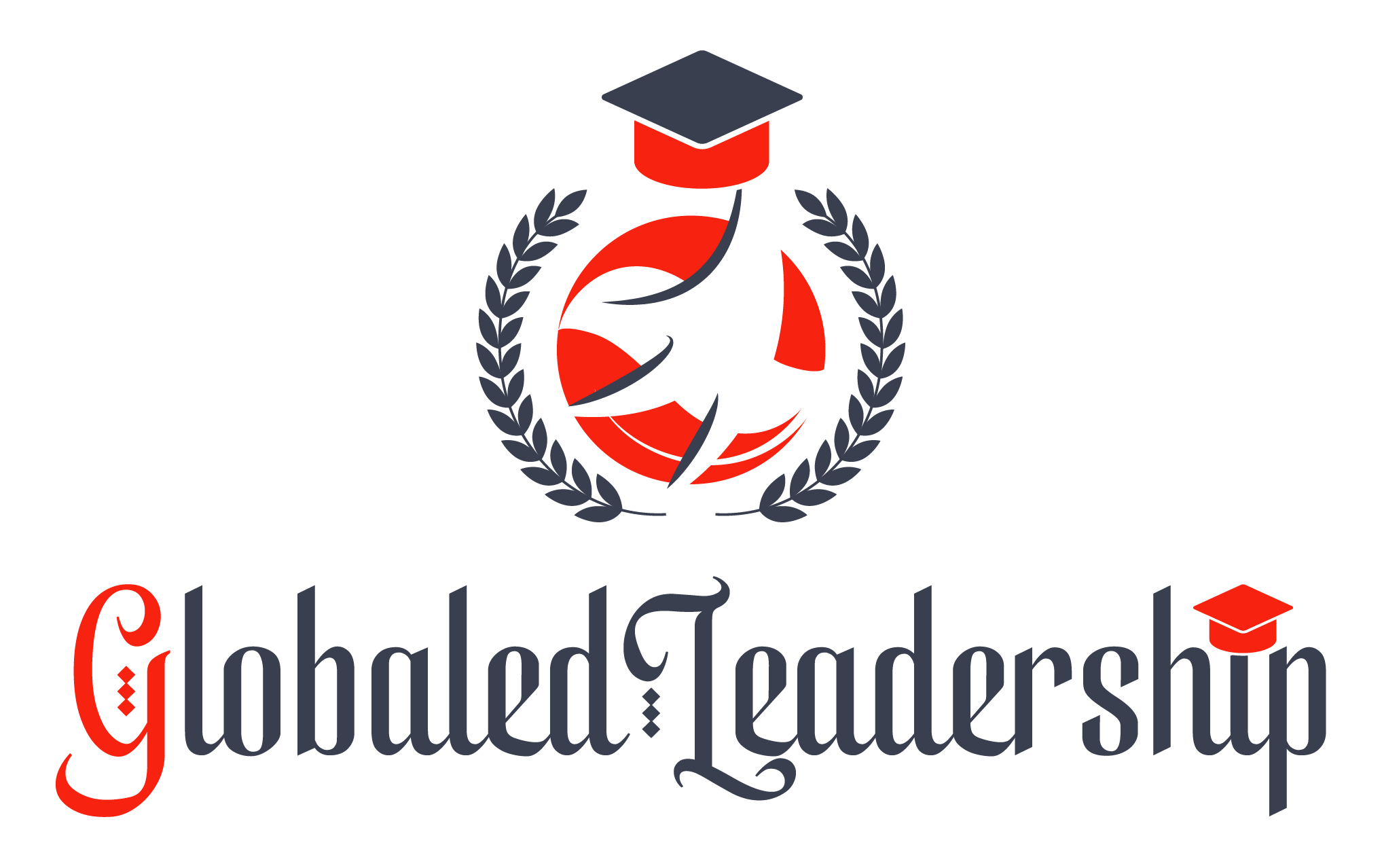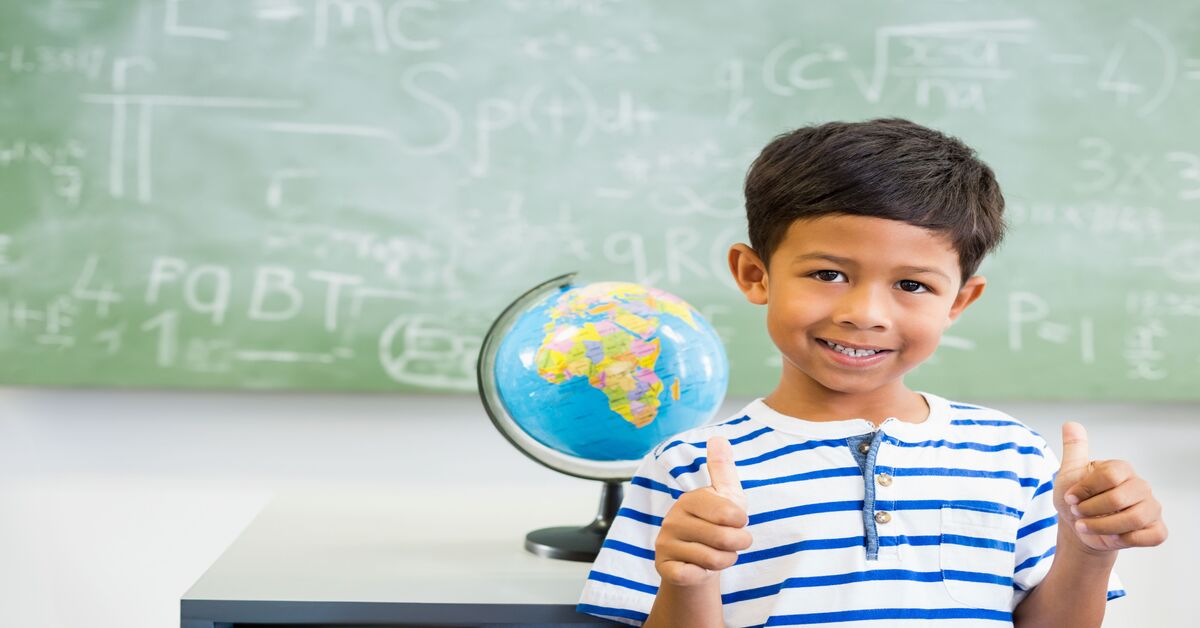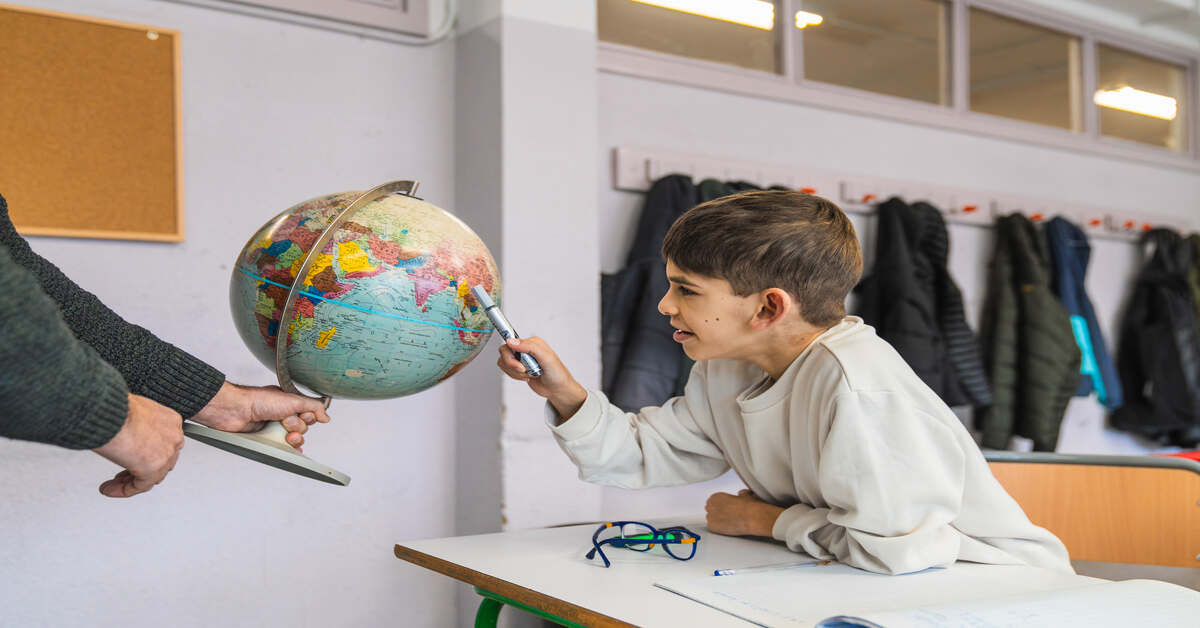5 Political Literacy Essentials for Empowerment? Shape a Better Democracy!

In an era of information overload, political literacy—understanding systems, processes, and civic roles—is vital for empowered citizenship, informed decisions, and active participation in democracy. Political literacy is not merely the knowledge of who the leaders are but the ways of how the political systems work, the significance of civic participation and how global politics influence our ordinary lives. This blog is going to explore the meaning of political literacy, its importance in the current society, and its impact on our comprehension of politics.
What is Political Literacy?
Political literacy is simply described as the knowledge of political concepts, political processes and political systems. It consists of a number of components:
- Knowledge of Political Institutions: Understanding the functioning of governments and the functions of the various political structures.
- Knowledge of Political Processes: Knowledge of the policy making process, the election process, and the significance of voting.
- Critical Analysis of Information: The ability to critically analyze the news and information, noticing biases and misinformation.
- Participating in Political Discourse: Being involved in the political discussion and in the promotion of the opinions that are informed.
Political literacy is essential in creating informed citizens capable of having a good discourse as well as being democratic. A politically literate person is not only conversant with how his or her government functions but also he or she knows the global consequences of political choices.
The Difference of Political Literacy
Political literacy is more essential than it has ever been in an age of partisan politics and fake news. Here are a few reasons why
- Empowerment With Knowledge: Once people know how the political systems operate, they can be empowered to speak on their behalf and on behalf of their communities. This is the empowerment which is essential in a democracy where the citizens are entitled to vote and also to influence policy making.
- Informed Decision-Making: Political literacy helps people to make informed decisions in the voting booth. To take an example, an informed voter is able to distinguish between candidates basing on their policies and their previous acts and not necessarily basing on such shallow campaign statements.
- Civic Engagement: Political literacy promotes civic life. People who are also knowledgeable about the political environment tend to participate more in community programs, visit the town halls and reach their legislators to discuss urgent matters.
- Getting Informed: In today’s world where information can spread rapidly, political literacy can teach an individual to critically judge items of information. This is a vital skill that will help me identify what is factual and what is fiction especially with the era of social media.
The Practical Applications of Political Literacy
To get a glimpse of the real-life examples that could demonstrate the significance of political literacy, we could examine the following examples
U.S. Presidential Election of 2020: The election demonstrated the strength political literacy had. Voters who knew the connotations of the policies concerning healthcare, climate change, and social justice were in a better position to make rational choices. As an example, young voters were encouraged by the position of the candidates on climate change, and they began to vote in larger numbers.
Brexit: The United Kingdom voting out of the European Union demonstrated a lack of political literacy. Most voters had been influenced by emotional appeal and not facts. Consequently, Brexit issues turned out to be more complicated than it had been originally considered, and the economic and social consequences were enormous and not clearly comprehended by people.
Political Literacy of world politics
Political literacy does not focus only on national matters but it also covers global perspectives in education and world politics. In the modern globalized society, local actions tend to have far-reaching international consequences.
Global Governance: It is important to understand the role of international organizations, including the United Nations (UN) and the World Trade Organization (WTO). These institutions formulate systems of international collaboration over matters such as climate change, trade and human rights. Politically literate people would be more aware of the effects of the decisions taken by such organizations on their lives.
International Relations: The politically literate individual is better placed to examine conflicts as well as alliances in the world. As an example, the interactions between such nations as the U.S. and China can inform the world about the global trade policies and geopolitical strife that influence the economy of every other country in the world.
Human Rights Issues: Political literacy makes people aware of the presence of human rights and promote them. As an example, the implications of policies on refugees may be known, and the resulting advocacy can be more effectively done in relation to humane immigration policies.
Increasing Political Literacy Resources and Strategies
To increase political literacy, individuals, schools, and communities have to put efforts into improving political literacy. The following are some of the measures to increase political literacy
Education: Civic education and political science should be the focus of schools and universities. Through educating the students on the structure of government, the voting processes, and the civic duties, educators will be able to contribute to an educated generation politically.
Community Engagement: Workshops, discussions, and forums may be hosted in the local organizations to involve the citizens in the political issues. As an illustration, the discussion of local matters at the community level can motivate local residents to study the political environment and have their opinions.
Exploiting Digital Resources: There is much data on the internet on political issues. Voting websites such as Vote411.org provide information on how to vote, whereas websites such as Ballotpedia provide details about the candidates and ballot issues. The use of these resources can improve knowledge and facilitate informed decision-making
Media Literacy: It is necessary to learn to be critical when it comes to news sources in the fight against misinformation. Media literacy workshops may provide people with knowledge of how to find reliable sources of information, spot bias, and critically analyze it.
Professional Opinion about Political Literacy
Scholars stress the need to have political literacy in order to have a healthy democracy. Dr. Jane Smith, a political scientist at Harvard University says that the foundation of an engaged citizenry lies in political literacy. In its absence, democracy is victimized. Citizens need to be trained to be able to cope with the intricacies of the government and relations between governments.
Further, it has been established that the higher the political literacy the greater the turnout of the voters. In 2018, the Pew Research Center conducted research that indicated that those who access political content online have a higher likelihood of showing up to vote in an election, as evidence of the importance of the access to information in civic engagement.
How Political Literacy will change the lives of future generations
Political literacy will continue to become more and more important in the future. Young people are subjected to personality bombardment of information, most of which is factual and misleading with the advent of technology and social media. The political literacy of the next generation will be important in having a better citizenry who is more informed and participative.
- Youth Engagement: The youth can be made better informed about politics, and this approach will lead to long-term effects. Young citizens can be empowered to actively participate in societal governance by programs that promote youth involvement in the local governance through student councils, youth advisory boards and other programs aimed at encouraging youth involvement.
- Global Perspective: Due to the current globalization that is taking over the political arena, there is a need to promote a global perspective. Education programs focused on international relations and global citizenship can make the youths realize their roles within a wider scope.
- Promoting Discussion: Opening channels of debate and discussion of political matters can help in promoting critical thinking and participation among the youth. The schools and community organizations are able to hold discussions where different opinions and respectful argument is encouraged.
Conclusion
The world of today cannot do without political literacy. In the world of complicated politics and international issues, it is important to know how politics work and how one should interact. We can enhance political literacy by educating people, engaging with communities, and educating people on critical media consumption that will enable them to become informed citizens and participate in democracy.
As we have already seen in the real examples and the knowledge of experts, political literacy has a far-reaching impact on individuals and society as a whole. It allows empowered citizens, informed decision-making, and meaningful civic engagement, which will eventually make the democracy healthier.
To end, we should resolve to increase our political literacy and that of the future generation. In this way, we do not only add a richer aspect to our own lives but also make our society a more knowledgeable, active and fair one. It can be through involvement in local politics, human rights, or just through keeping up to date on world matters, but it is a necessary process that will lead us on the way to political literacy, which will ultimately result in a better future for all.





